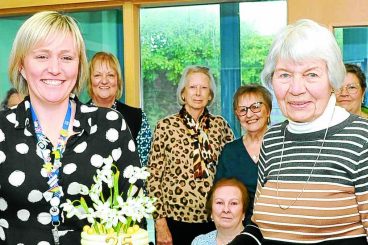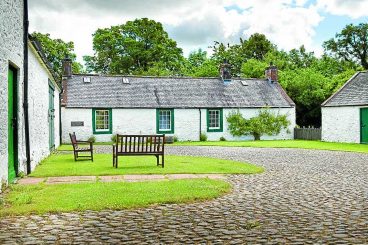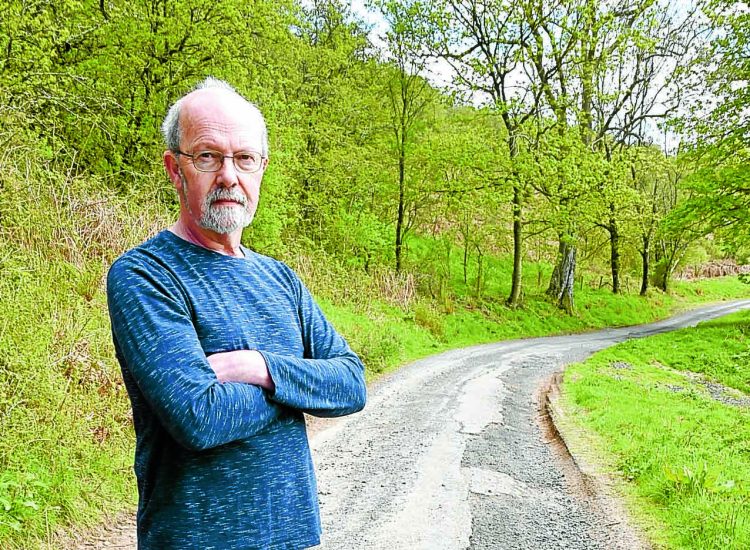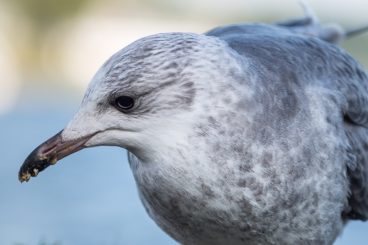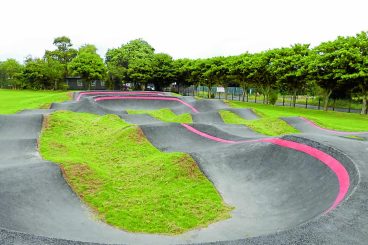That’s the conclusion of a new report published by Scotland’s Rural College (SRUC).
They recommend farmers in Dumfries and Galloway looking to diversify from the traditional land uses of beef, sheep, arable and forestry, could also move into producing bark for tannin extraction, sugar beet or ancient cereals which have higher protein and fibre and less gluten.
The report, written by rural business consultant Anna Sellars and Professor Dave Roberts, head of agriculture and business management at SRUC’s South and West Faculty, highlights some of the key opportunities for alternative crops in the South of Scotland, including the availability and suitability of land, and the processing facilities and market conditions needed to foster their development.
Funded by the South of Scotland Economic Partnership (SOSEP) for the new South of Scotland Enterprise agency (SOSE), the study includes a set of ten factsheets with advice for producers on novel crops with the most potential for successful growing and marketing.
It also provides decision support tools to help growers evaluate the potential market for alternative crops and the potential yield given their growing conditions, and links to existing technical and market information on production of these crops.
The authors believe mushrooms – which have largely been produced in Europe – could instead be grown in Scotland, which has a comparable growing environment to Ireland.
In addition, medicinal cannabis, which is now prescribed by the NHS for various conditions such as epilepsy and multiple sclerosis, and opium poppies, whose seedpods contain codeine and morphine among other substances, both offer opportunities to expand pharmaceutical crop production in the UK.
Furthermore, with 86 per cent of cut flowers currently imported into the UK, growing blooms including freesia, iris, delphiniums, pinks, carnations, chrysanthemums and peonies offers another opportunity for farmers.
Other potential crops include nutraceuticals – products used as nutritional supplements, food additives or in alternative medicines and therapies; energy and fibre crops such as hemp, miscanthus and reed canary grass; soft fruits; and short rotation forestry crops.
Professor Russel Griggs OBE, chair of SOSE, said: “We welcome the findings of this SRUC report. The South of Scotland has a wide range of topography, weather conditions and soil types. While typical land uses have long been beef, sheep, arable and forestry; changing markets and subsidy systems, environmental change, and technological advancement in production has shown an increasing potential for assessing the viability of growing alternative crops in the South of Scotland.
“The report shows that medicinal cannabis is among the alternative crops which could be grown successfully in the South of Scotland. This ties in with SOSE’s recent announcement of support to Hilltop Leaf Limited, a private medicinal cannabis cultivation and extraction business which aims to provide an alternative plant-based clinical treatment to synthetic pharmaceuticals in the South of Scotland.”
Anna Sellars added: “The full range of alternative crops is massive – for example there are over 300 species of clover alone – and new methods of agronomy and processing are enabling more crops to reach market viability, such as the first UK lentil harvest in 2018.
“From consultation with stakeholders, the project has selected a small number of alternative crops considered to be of most interest and potential for the South of Scotland, and in the report we provide an overview of the opportunities, steps for further development, and appraisals for each of the crops.”
To view the report and access the factsheets, visit: www.sruc.ac.uk/LandUseReport






